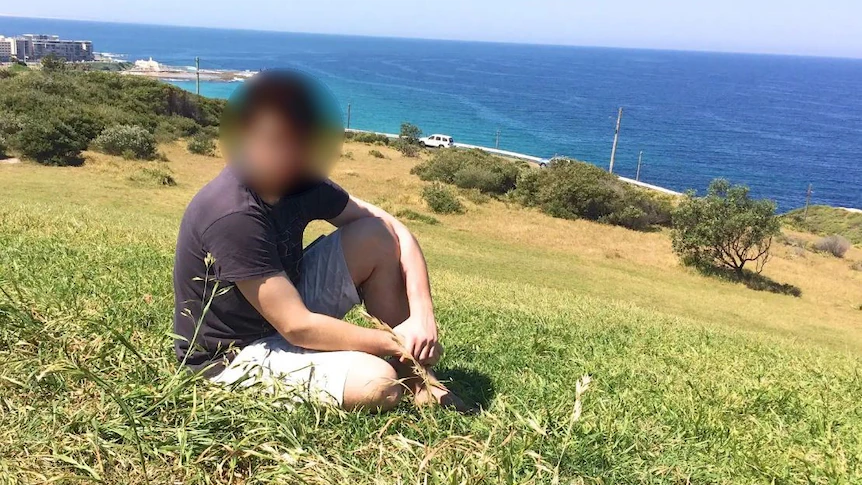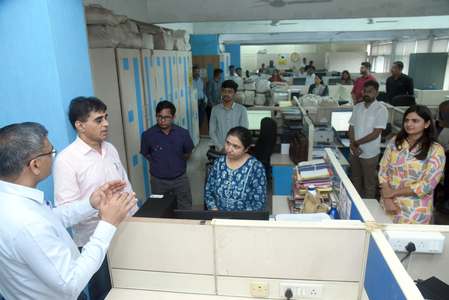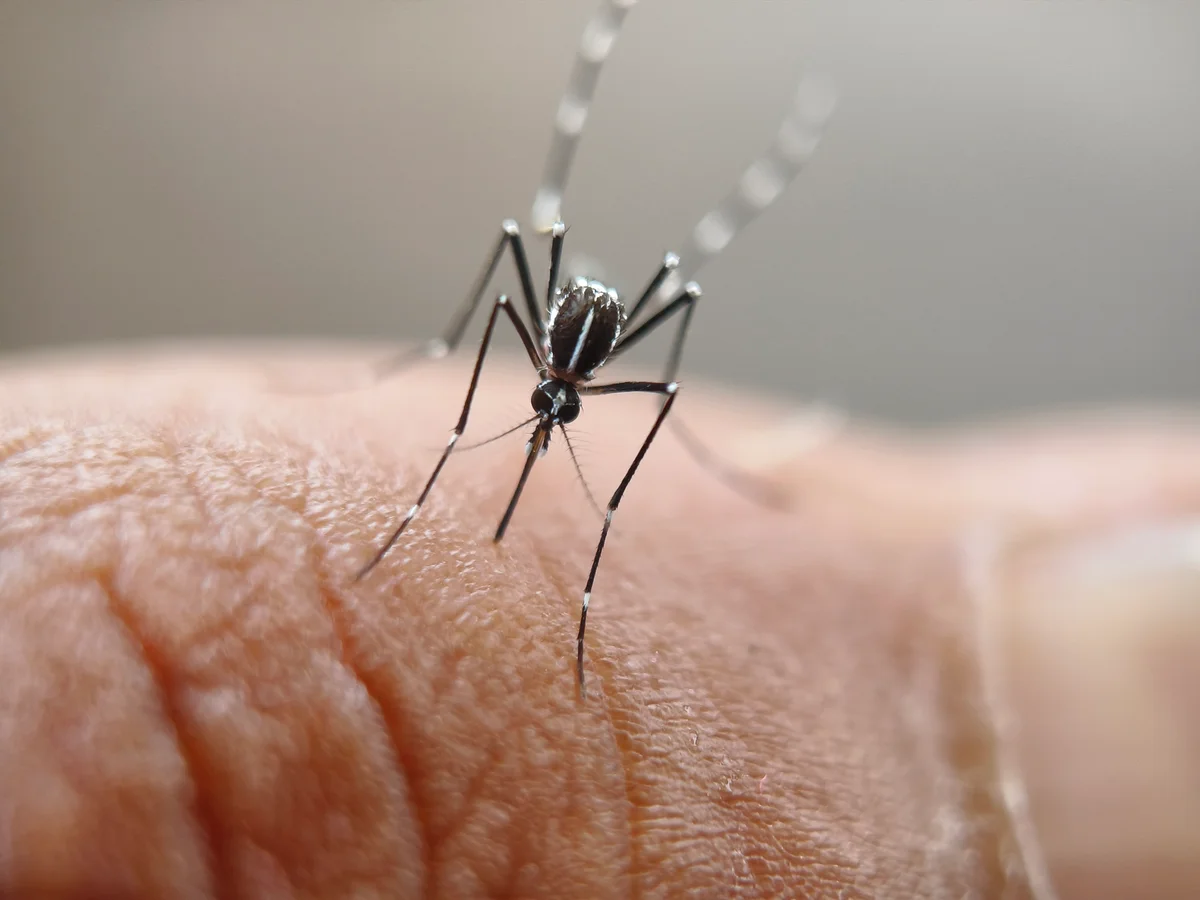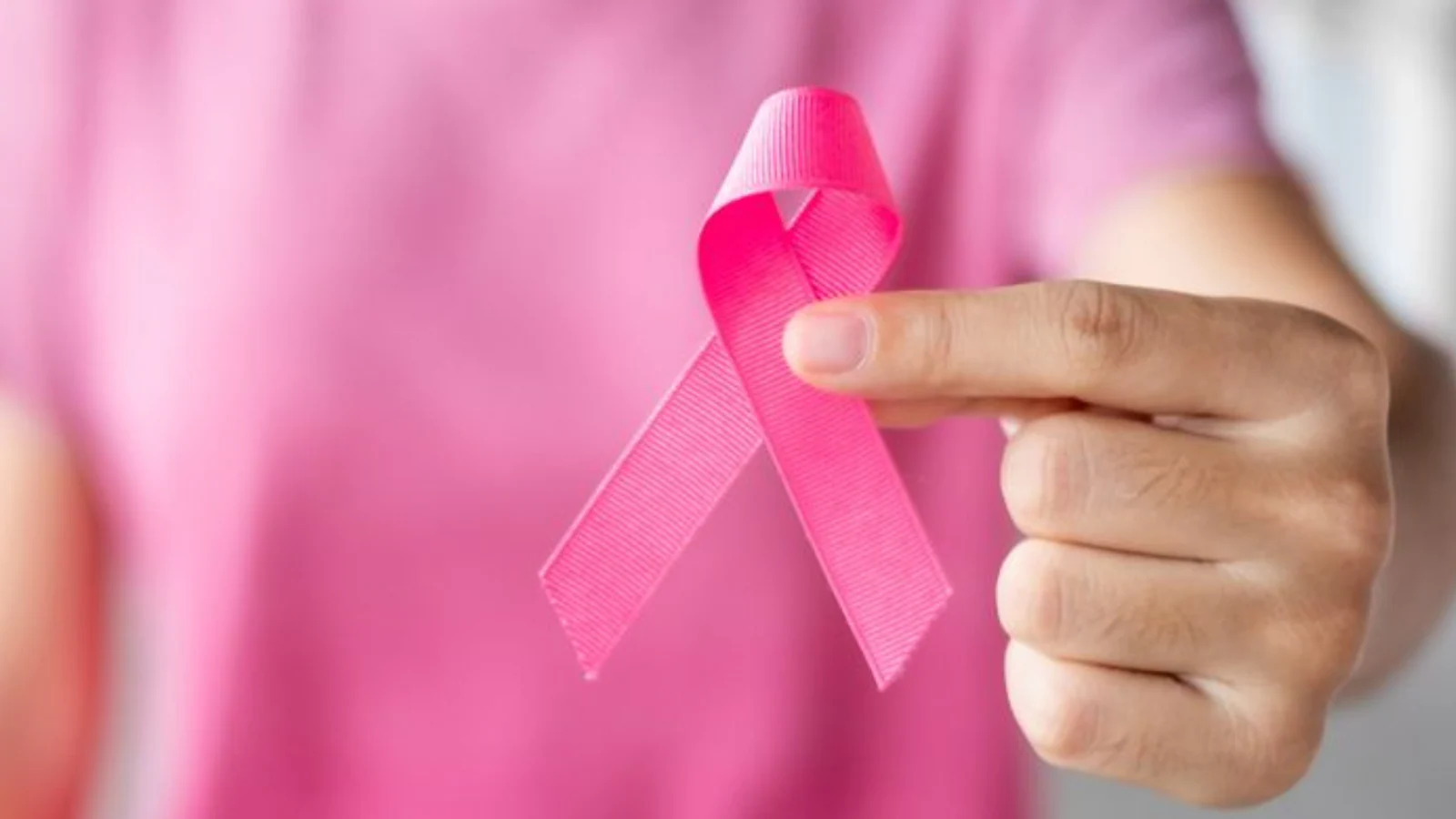Copyright abc

A heartbroken father is calling for a Senate inquiry into doctor suicides after the death of his son, amid rising concerns about workplace safety and roster demands being placed on junior staff. David, whose name has been changed to preserve anonymity, had been working as a registrar in Newcastle in December 2020 when he took his own life while on sick leave. It happened just hours after he took a phone call regarding his return to work. An ABC investigation has independently verified through colleagues, family and friends, that David was one of at least 13 doctors who have died by suicide in NSW, Victoria, Queensland and the Australian Capital Territory since 2016. 'You've ruined your career' David had a mood disorder, which his father said was well-managed. He said his son was overcome by the pressures many junior medical officers (JMOs) faced, including excessive rostered hours, limited or no ability to take annual leave and, in David's case, alleged retribution for whistleblowing. Ten months before David died, his father said he lodged a complaint that raised concerns about patient care while working at Calvary Mater Newcastle hospital. David's father told the ABC his son had believed the report he made in February 2020 was confidential, but he alleged there were repercussions. "He was called by telephone [by a superior] and he was told, 'You now have a black mark against you and you've ruined your career,'" David's father said. He said his son was shunned by some superiors after the report. The ABC contacted the Calvary Mater Newcastle, which did not respond to questions about the allegations. David was rotated to the John Hunter Hospital in mid 2020, where his father said he was denied a request to take annual leave, despite having more than 11 weeks owed to him after four years working for NSW Health. The last shift David took stress leave in early November, 2020. According to his father, David wanted to be back at work about a month later. "He felt ready to resume work in early December, aided by feeling very guilty that his absence was putting extra load on his colleagues," David's father said. He returned to work a week before Christmas, but once there, his father said David's shift was changed from a day shift to a night shift, which went against the return-to-work plan recommended by his doctor. David started sick leave again. Within three days, he was contacted twice by hospital staff to discuss a return-to-work plan. The 30-year-old took his own life in the hours after the second phone call. "It was all just too much for him," David's father said. The tragedy intensified when David's father said an email was sent to David from a hospital staff member on the afternoon he had died. "He received an email to say, 'Don't worry, there will be no more inappropriate rostering,"" he said. In May 2021, six months after David's death, John Hunter Hospital's general manager wrote to his father apologising for any incidents that "diminished [David's] wellbeing or increased his distress prior to his death". 'Light-bulb moment' for change The tragedy rocked David's friends and one of Newcastle's most senior clinicians. Royal Australasian College of Physicians president Jennifer Martin knew David and his father. "You know, we cannot go on like this. "I do feel like I've got a mouthpiece and a platform now to speak to this, and I should really use that because not everybody's got that opportunity to speak." She said standing up for junior doctors had come with threats to her job, but it was important work. "The college does a lot to reach out to trainees with their time in the college, through a supervisor, through the training support program," she said. "If people fail their exam or miss particular milestones, there's a lot of support now." Young doctors in the Hunter New England Health District rallied in February this year after a human resources official accidentally sent an email describing them as "marshmallows". Stop-work rallies were held across the state in April to call for better pay and conditions. David's father said what had since been referred to as "marshmallowgate" prompted him to break his silence about his son's death. "The same stuff is happening, they've still got rostering problems, they've still got problems with leave, they've still got problems being bullied," he said. Doctors dying Of the 13 doctor deaths verified by the ABC, five died in the Hunter New England Health District. The Royal Australian College of General Practictioners told the ABC evidence showed there had been many more. The college referred the ABC to 2023 research commissioned by the Australian Health Practitioner Regulation Agency (AHPRA) which found 16 practitioners took their own lives between January 2018 and December 2021, and four attempted suicides or instances of self-harm. Hunter-based doctor Eliza Milliken, who knew David, said there was an urgent need for safer workplaces in public hospitals and more support and flexibility by management. Rostering causes 'stress', 'fatigue' The ABC has seen rosters where JMOs or registrars had worked 12 days straight, or 13 days in a fortnight. A Hunter doctor also told the ABC about being rostered on call for 72 hours straight. Australian Salaried Medical Officers Federation of NSW (ASMOF) junior vice president Tom Morrison said fears about the ramifications of fatigue were real and concerning. He spoke to the ABC on what he said was his fifth day of being rostered on 12 days straight. "You cannot operate or perform at your best when you are under incredible stress and fatigue." An ABC 730 investigation in May heard similar concerns about rosters and workplace fatigue and stress. Inquiry call David's father said he wanted a Senate inquiry into doctors who had died by suicide. "That then puts the onus on the politicians who decide on the funding for the system … it makes them change," he said. The call has been backed by Dr Morrison. "Clearly we need to address it." Professor Martin said a Senate inquiry would allow people to speak out about David with the protection of parliamentary privilege. "People were unwilling to go on record," she said. "They thought their job might be threatened, they thought they'd be marked as difficult. "So this sort of protection would actually help a huge number of people." Federal Health Minister Mark Butler declined to comment on the calls for a Senate inquiry. But in a statement, he said the government was "driving national reform to strengthen workplace leadership and culture, reduce burnout, and ensure doctors and other health professionals are supported throughout their careers". NSW Health Minister Ryan Park said junior doctors were valued for the work they did in challenging environments. "We owe it to our doctors, in all stages of their careers, to foster workplaces that value wellbeing, compassion, and balance," he said. Hospitals respond Mater Cavalry Newcastle and John Hunter Hospital declined the ABC's requests for interviews, and issued separate written statements. A Hunter New England Health District spokesperson said in the statement it had improved rostering, increased staffing and boosted support, supervision and training for junior doctors since David's death. Calvary Mater Newcastle general manager Roslyn Everingham said in a statement her hospital was "committed to providing a safe and supportive workplace for staff".



